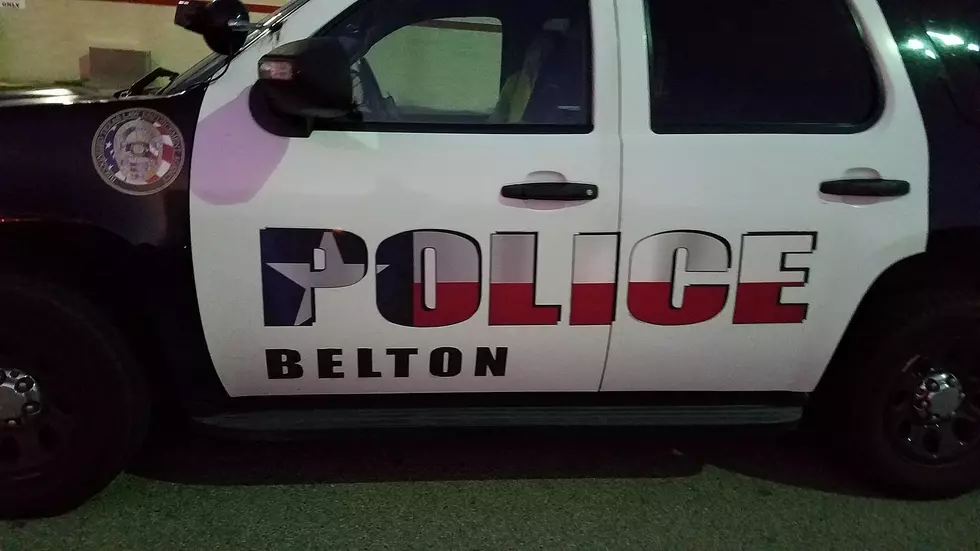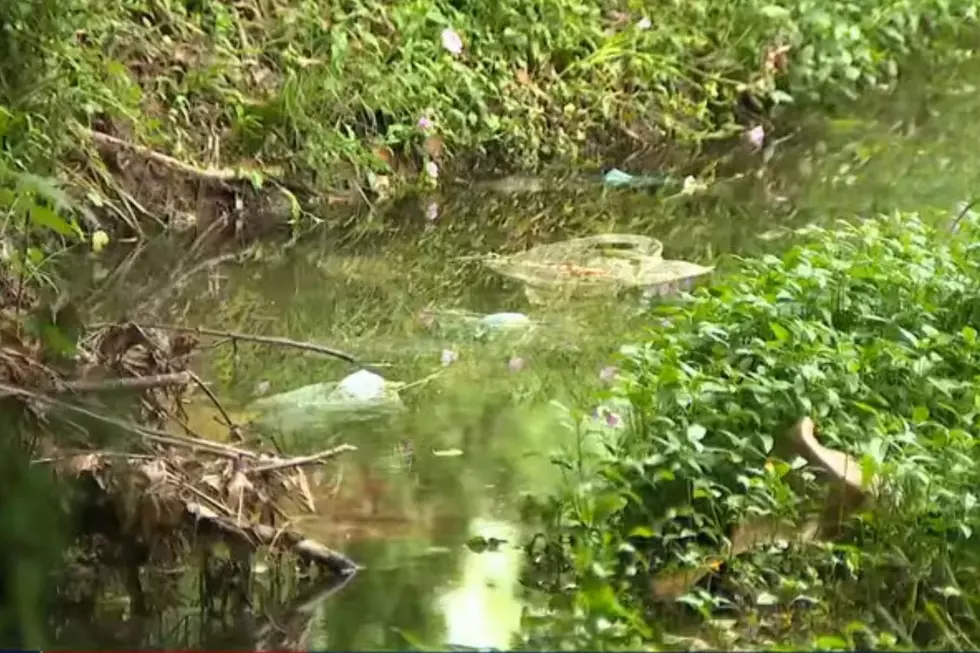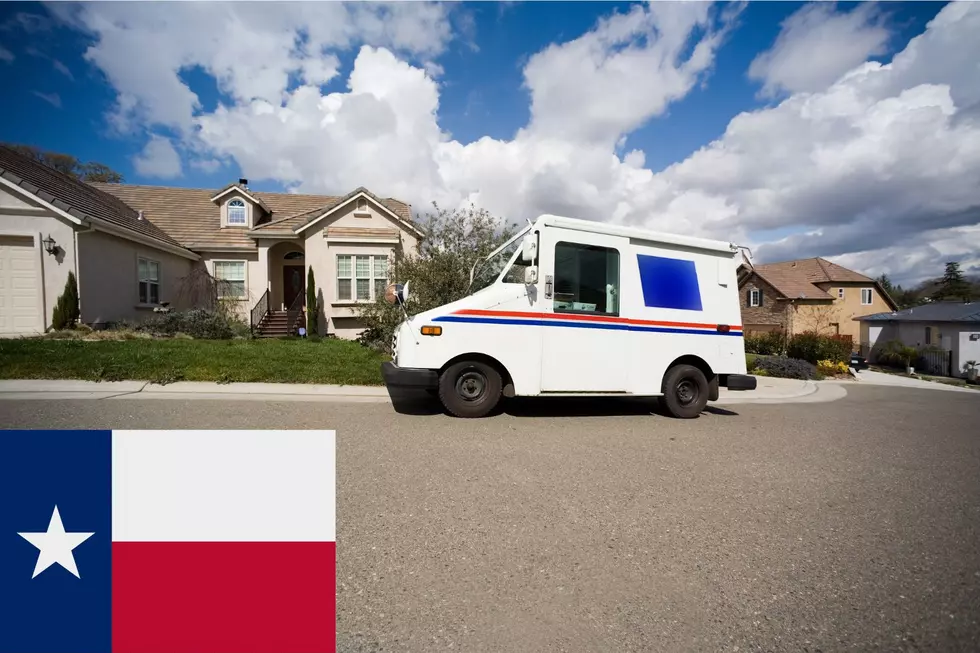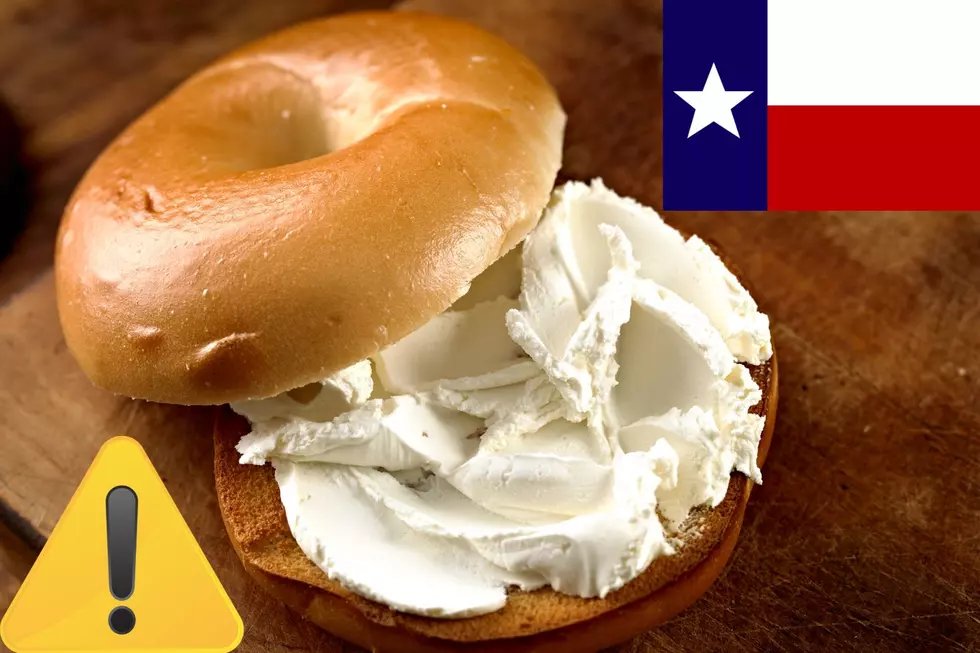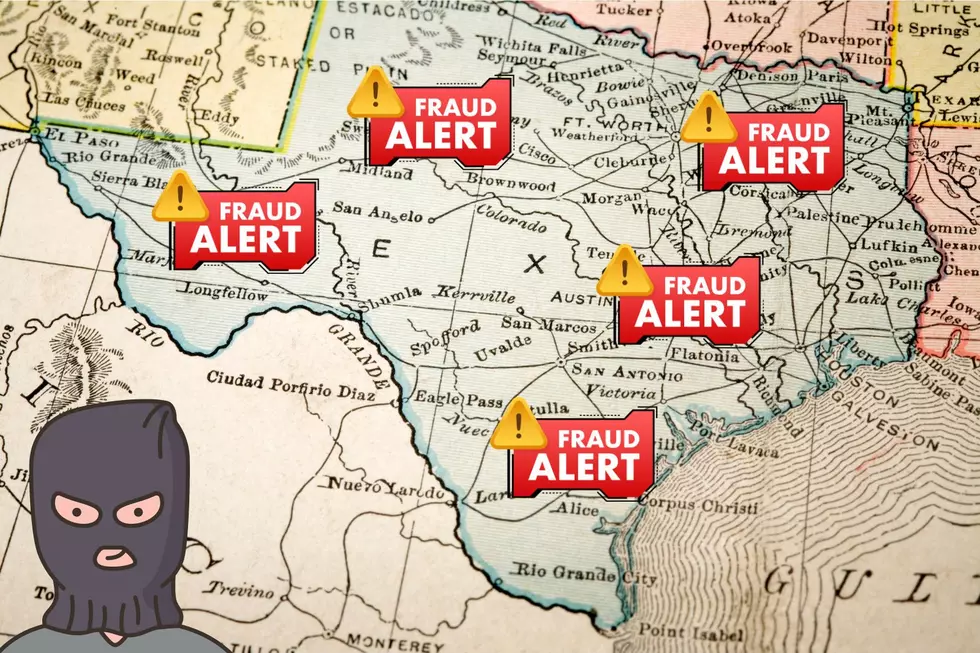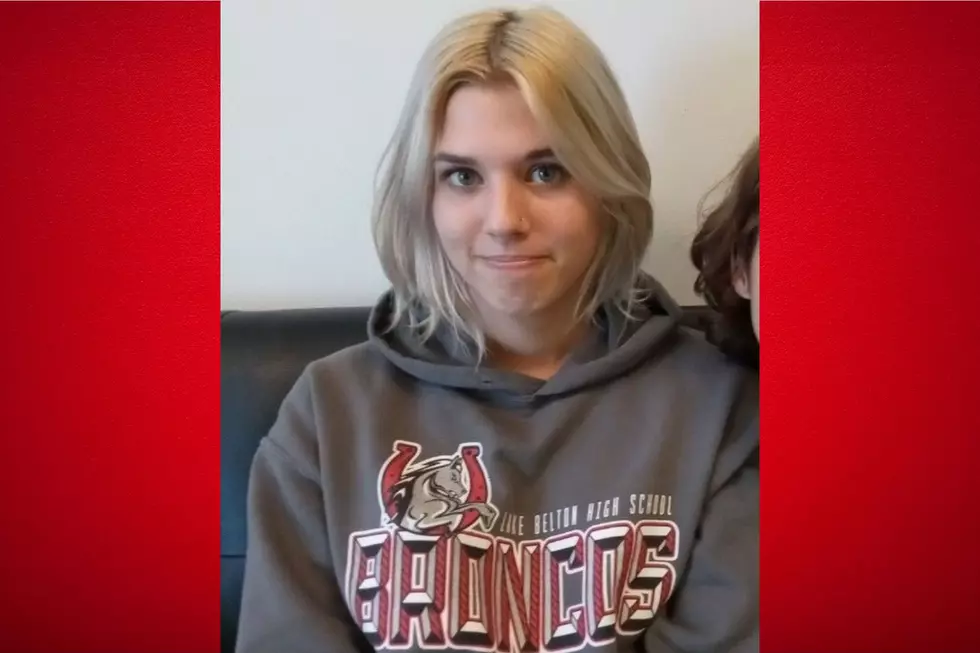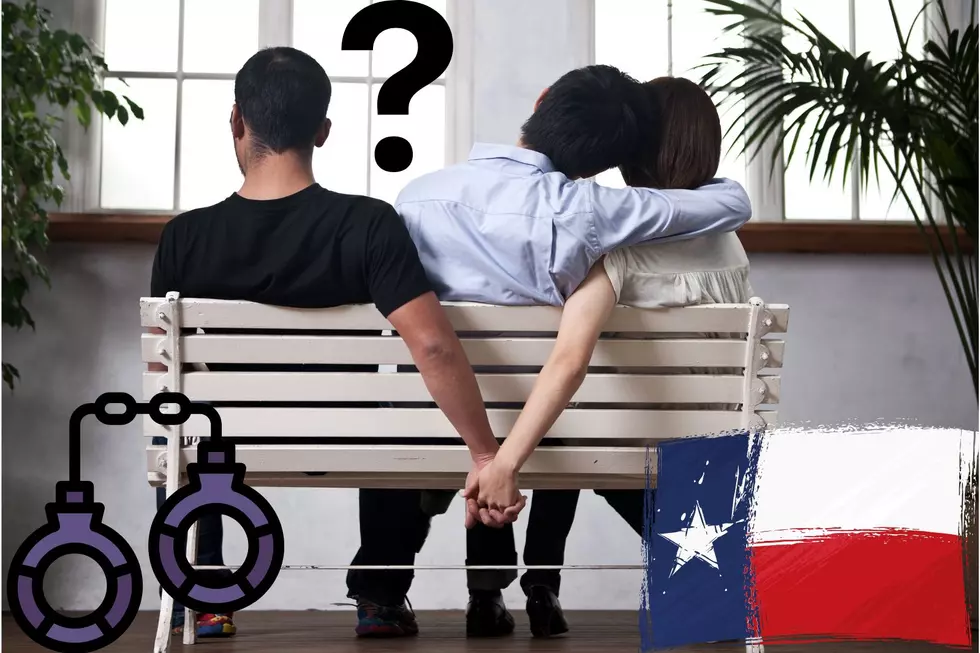
Supreme Court Rules In Favor Of DNA Sample Collection
In a 5-4 decision Monday, the Supreme Court ruled that the Constitution does not prohibit states from collecting DNA samples from citizens arrested for serious crimes or creating DNA databases based on suspect samples.
The ruling was made by a strangely divided court that saw liberal Justice Stephen Breyer joining his more conservative colleagues in the majority, while conservative Justice Antonin Scalia was in the minority camp with typically liberal justices.
Today’s judgment will, to be sure, have the beneficial effect of solving more crimes; then again, so would the taking of DNA samples from anyone who flies on an airplane (surely the Transportation Security Administration needs to know the “identity” of the flying public), applies for a driver’s license, or attends a public school. Perhaps the construction of such a genetic panopticon is wise. But I doubt that the proud men who wrote the charter of our liberties would have been so eager to open their mouths for royal inspection.
I therefore dissent, and hope that today’s incursion upon the Fourth Amendment...will some day be repudiated.
When officers make an arrest supported by probable cause to hold for a serious offense and they bring the suspect to the station to be detained in custody, taking and analyzing a cheek swab of the arrestee’s D.N.A. is, like fingerprinting and photographing, a legitimate police booking procedure that is reasonable under the Fourth Amendment.
The case before the court involved the collection of a DNA sample from Alonzo Jay King Jr. of Maryland in 2009 after he was arrested on assault charges. At question was whether the Fourth Amendment allows for collecting DNA from people who have not been convicted. The Maryland Court of Appeals had ruled in 2011 that the practice violated the Fourth Amendment protection from unreasonable searches. Today’s Supreme Court decision overturned that ruling.
The Supreme Court’s decision is likely to allow states to continue the practice and expand their DNA evidence programs.
The Court majority consisted of Chief Justice John Roberts and Justices Samuel Alito, Clarence Thomas and Stephen Breyer. The minority consisted of Justices Antonin Scalia, Ruth Bader Ginsburg, Sonia Sotomayor and Elena Kagan.
More From KUSJ-FM
